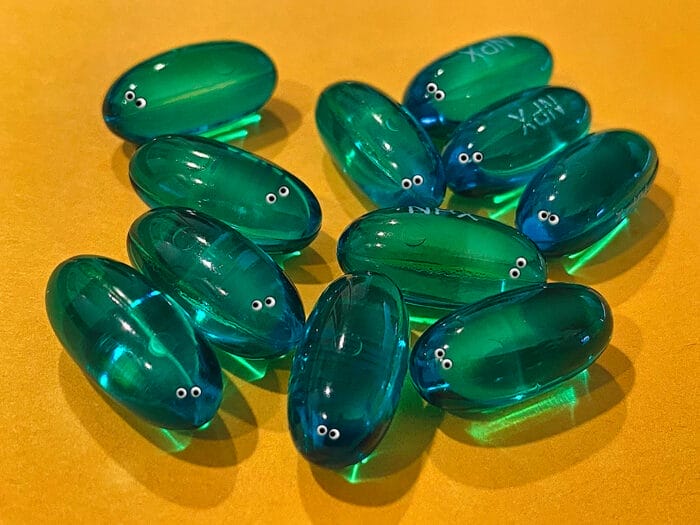Medicine has been around for all the ages. Necessity. It is the nature of the human body, after all. We are healthy, and then we get sick. So from the beginning of time, we have worked to alleviate these illnesses.
There is evidence, dating back to prehistoric times, showing that shamans and apothecaries fulfilled the roles of healers. Dentistry practices, amputations, and even trepanning — the act of drilling a hole into the human skull to treat health problems — all took place between 7000 B.C. and 5000 B.C. How does the old phrase go? That guy must have a hole in his head.
Of course, once those people started creating written languages, they gave us a better understanding of their medical practices. This takes us to early civilizations, like Mesopotamia and Egypt, around 2000 B.C. Both of these groups, the Egyptians and the Babylonians, came up with the methodologies of diagnosing, giving a prognosis, conducting a physical examination, and applying remedies. Practices were beginning in India and China, at nearly the same time, all of these using herbal medicines, among other things.
Some of the treatments were sound, and others were a little wonky.
Hippocrates didn’t come to us until 460 B.C. in Greece. He is considered the “father of modern medicine.” A collection of 70 medical works exists, attributed to Hippocrates and his students. Like, “clubbed fingers” being associated with lung cancer, still to this day. Most famously, they created the Hippocratic Oath for physicians. Our good doctors still swear that same oath of office now.
As I’ve mentioned, time and again, science learns as it goes. It is an exercise in observation, gathering data, and forming opinions based on that data. Once those theories can be proven beyond question, they become scientific law. This can be a long process.
But it seems, long ago, that people did quite a lot of spitballing. They’d see something “work” with one person, and then they’d begin widely spreading the treatment to others.
In the late 1800s, for instance, smoking was prescribed to relieve any number of ailments, including canker sores, foul breath, throat conditions, and asthma. Asthma. However, they did not recommend it for children under six.
For many years, heroin was a go-to fix. At the beginning, heroin was invented in an attempt to find a drug similar to morphine. Again. This was the late 1800s. It was prescribed to treat coughs and other ailments, such as back pain and insomnia. Bunches and bunches of people became highly addicted.
One of the most notable flops was Kellogg Corn Flakes as medicine. J.H. Kellogg, the man behind the cereal, was a full-fledged medical doctor. And also a morally righteous man. In the late 1800s, masturbation seemed to be a real problem, as it was considered a terrible sin. Well, our Dr. Kellogg believed that a healthy diet was the answer to this problem. He created those famous flakes to prevent sexual urges, or more specifically, to inhibit the urge to masturbate. Of course, they have since dropped that advertising scheme. But they still have a rooster on the box, also known as a cock. A-doodle-doo.
I only bring all of this to the forefront because on this date, November 23, 1921, our U.S. president Warren G. Harding signed the Willis Campell Act. This was also known as the anti-beer bill. It forbade doctors from prescribing beer or liquor for medicinal purposes.
Well, it was during the prohibition, you see. And if you would pay a doctor a few bucks, they would write you an Rx for a pint of booze or beer. A little way to skirt around the 18th Amendment. And, those good doctors were making some money on the deal too.
So much for that Hippocrates guy and that silly oath.
These days, thankfully, science has excelled, and scores of people have devoted their lives to this work. In all scientific areas, from environmental issues to medicine and beyond.
And now? There’s a vaccine on the way for a big, big virus. How will it go?
=========
“Declare the past, diagnose the present, foretell the future.”
― Hippocrates
========
“The life so short, the craft so long to learn.”
― Hippocrates
========
“Isn’t it a bit unnerving that doctors call what they do “practice”?”
― George Carlin
=========
An apple a day, since Adam and Eve.
